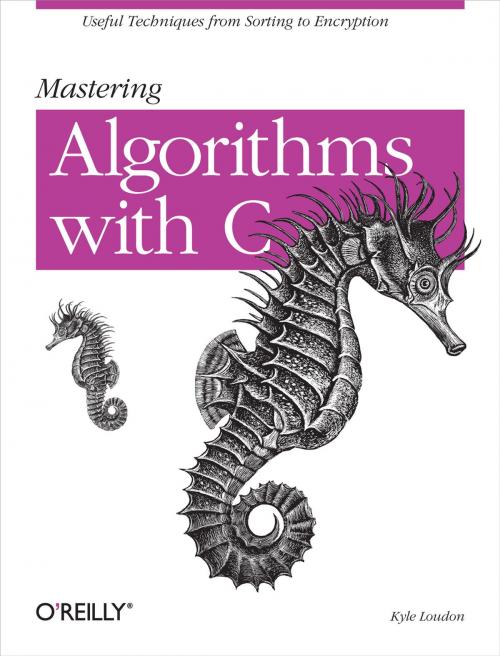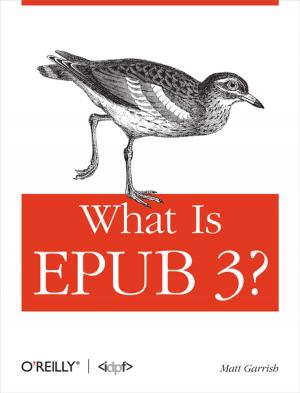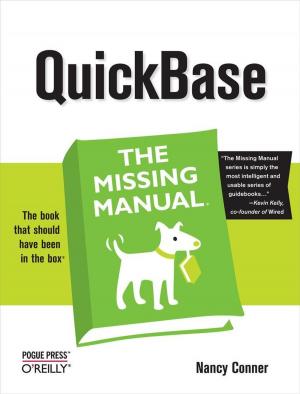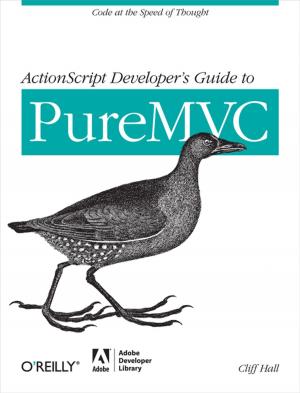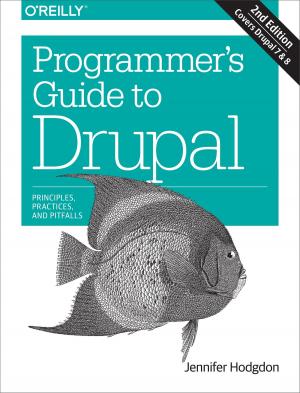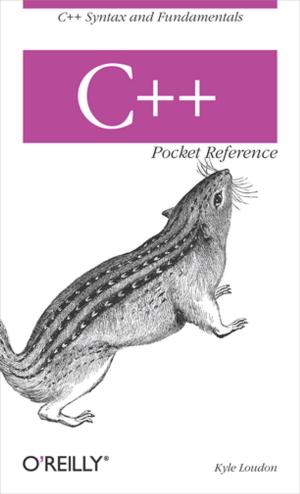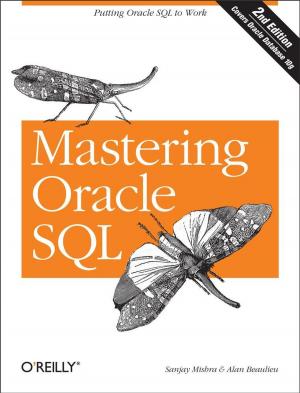Mastering Algorithms with C
Useful Techniques from Sorting to Encryption
Nonfiction, Computers, Programming, Programming Languages, C & C++, C| Author: | Kyle Loudon | ISBN: | 9780596551957 |
| Publisher: | O'Reilly Media | Publication: | August 5, 1999 |
| Imprint: | O'Reilly Media | Language: | English |
| Author: | Kyle Loudon |
| ISBN: | 9780596551957 |
| Publisher: | O'Reilly Media |
| Publication: | August 5, 1999 |
| Imprint: | O'Reilly Media |
| Language: | English |
There are many books on data structures and algorithms, including some with useful libraries of C functions. Mastering Algorithms with C offers you a unique combination of theoretical background and working code. With robust solutions for everyday programming tasks, this book avoids the abstract style of most classic data structures and algorithms texts, but still provides all of the information you need to understand the purpose and use of common programming techniques.
Implementations, as well as interesting, real-world examples of each data structure and algorithm, are included.
Using both a programming style and a writing style that are exceptionally clean, Kyle Loudon shows you how to use such essential data structures as lists, stacks, queues, sets, trees, heaps, priority queues, and graphs. He explains how to use algorithms for sorting, searching, numerical analysis, data compression, data encryption, common graph problems, and computational geometry. And he describes the relative efficiency of all implementations. The compression and encryption chapters not only give you working code for reasonably efficient solutions, they offer explanations of concepts in an approachable manner for people who never have had the time or expertise to study them in depth.
Anyone with a basic understanding of the C language can use this book. In order to provide maintainable and extendible code, an extra level of abstraction (such as pointers to functions) is used in examples where appropriate. Understanding that these techniques may be unfamiliar to some programmers, Loudon explains them clearly in the introductory chapters.
Contents include:
- Pointers
- Recursion
- Analysis of algorithms
- Data structures (lists, stacks, queues, sets, hash tables, trees, heaps, priority queues, graphs)
- Sorting and searching
- Numerical methods
- Data compression
- Data encryption
- Graph algorithms
- Geometric algorithms
There are many books on data structures and algorithms, including some with useful libraries of C functions. Mastering Algorithms with C offers you a unique combination of theoretical background and working code. With robust solutions for everyday programming tasks, this book avoids the abstract style of most classic data structures and algorithms texts, but still provides all of the information you need to understand the purpose and use of common programming techniques.
Implementations, as well as interesting, real-world examples of each data structure and algorithm, are included.
Using both a programming style and a writing style that are exceptionally clean, Kyle Loudon shows you how to use such essential data structures as lists, stacks, queues, sets, trees, heaps, priority queues, and graphs. He explains how to use algorithms for sorting, searching, numerical analysis, data compression, data encryption, common graph problems, and computational geometry. And he describes the relative efficiency of all implementations. The compression and encryption chapters not only give you working code for reasonably efficient solutions, they offer explanations of concepts in an approachable manner for people who never have had the time or expertise to study them in depth.
Anyone with a basic understanding of the C language can use this book. In order to provide maintainable and extendible code, an extra level of abstraction (such as pointers to functions) is used in examples where appropriate. Understanding that these techniques may be unfamiliar to some programmers, Loudon explains them clearly in the introductory chapters.
Contents include:
- Pointers
- Recursion
- Analysis of algorithms
- Data structures (lists, stacks, queues, sets, hash tables, trees, heaps, priority queues, graphs)
- Sorting and searching
- Numerical methods
- Data compression
- Data encryption
- Graph algorithms
- Geometric algorithms
